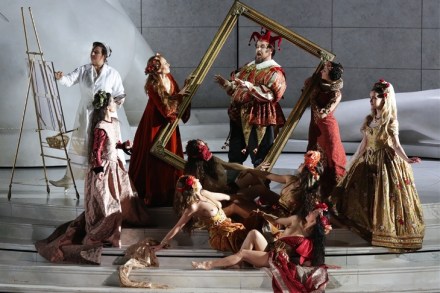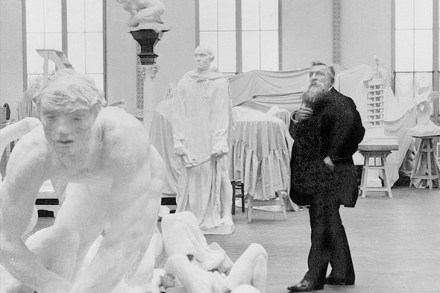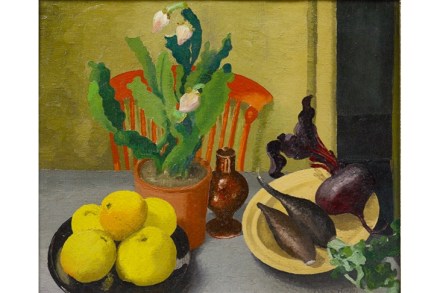Feet first
Fire up YouTube on the iPad, tap in ‘tap’, then wave goodbye to the rest of your day: clip after clippety-clip of the best and brightest stars rattling out impossible rhythms: Fred Astaire dancing on the ceiling; Fayard and Harold Nicholas taking the stairs one split jump at a time; Gene Kelly singing (and dancing) in the rain. The American actor, writer and entertainer Clarke Peters (anything from The Wire to Five Guys Named Moe) was never dragged to tap-dancing classes as a boy in the late 1950s — ‘it was more ballet and jazz by then’ — but he remembers ‘trying to pick up moves from the films. I




















